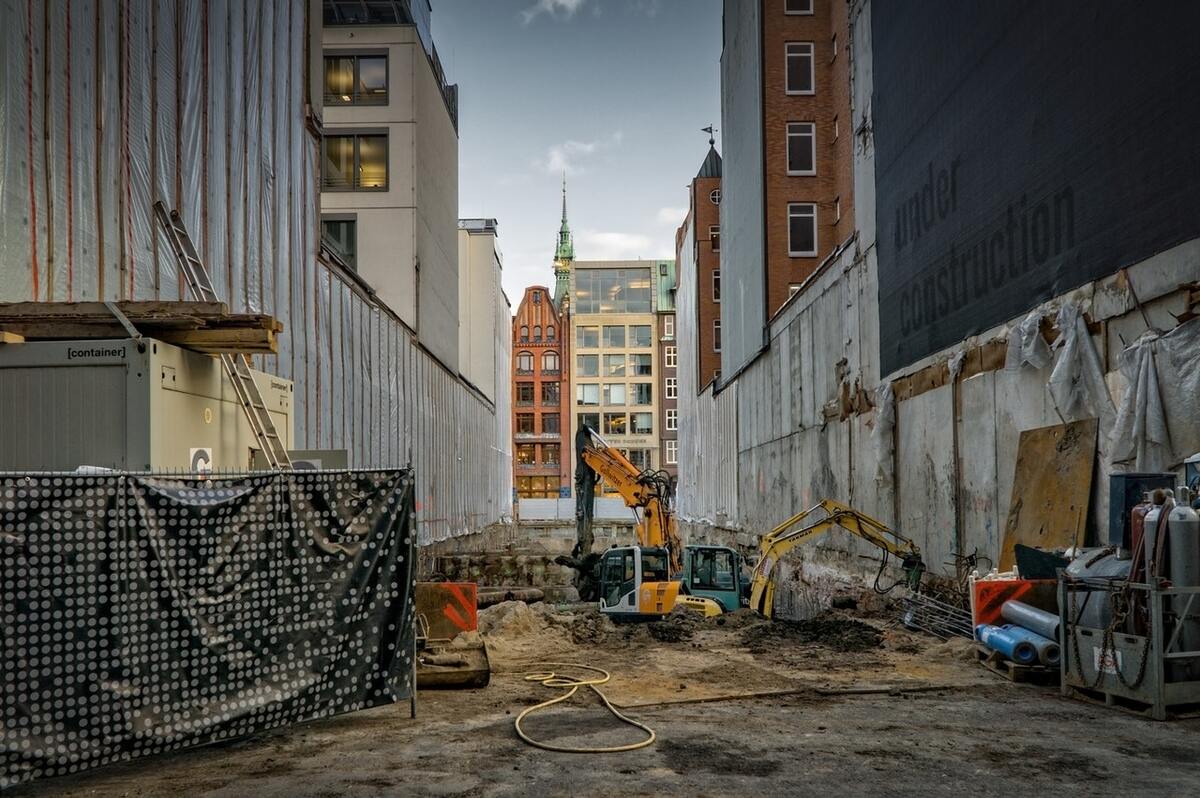Can Green Machinery Lead Heavy Industries to a More Sustainable Future?

Regardless of where they are in the world, heavy industries tend to be among the worst producers of greenhouse gasses. While transportation and electricity generation top the list at 29% and 25% respectively, the industry as a whole accounts for 23% of greenhouse gas emissions according to information released in 2020 by the U.S. Environmental Protection Agency (EPA).
The world relies on construction to build the homes we live in, the roads we navigate and the buildings we work in. Yet we also have a need to reduce emissions to ensure the planet can sustain us for generations to come. Could green machinery cut down on these emissions and lead the entire industry into a more sustainable future?
Big Equipment, Bigger Batteries
Battery-powered electric cars and trucks are one thing, but the kind of battery packs necessary to power something like a crane just isn’t feasible, right?
In fact, these battery-powered vehicles are already making appearances on construction sites around the globe. In Hong Kong, Gammon Construction has a battery-powered crane that is the company’s first step toward creating a fully electric construction site. Diesel generators have been replaced with enormous battery packs the size of campers that can reduce emissions.
This is just one example of this sort of battery-powered equipment that is beginning to improve the environmental outlook of industry around the globe. Oslo, Norway, has mandated that all of their construction sites need to be zero-emission by 2025, and launched their first site that meets this goal in 2019.
Diesel vs. Propane vs. Electric
Diesel has long been touted as the better alternative for companies concerned about the impact that they’re having on the planet, but it isn’t the only option anymore — or, when it comes to environmental impact, the best.
Some smaller equipment, such as forklifts, may offer propane fuel options instead of diesel. Propane is more environmentally friendly than diesel, but it does release more carbon monoxide. Additionally, it is still a fossil fuel, so for companies looking to reach a zero-emissions goal, propane isn’t going to be the best option.
Electric options are becoming more affordable and accessible every year, replacing diesel or propane engines with electric motors and rechargeable battery packs. Right now, these are slightly more expensive, but operators do save on fuel costs. They can take some time to recharge, but as long as they’re plugged in overnight, they’re often ready for a full shift of work the next day.
Are Hydrogen Fuel Cells an Option?
Hydrogen fuel cells are a technology that we’ve tentatively explored as an alternative to fossil fuels. In theory, they can be much better for the environment because, instead of generating carbon monoxide or carbon dioxide, the only exhaust these fuel cells create is water. Hydrogen-powered vehicles have the potential to eliminate the industry’s reliance on fossil fuels. After a few trial runs, they’ll likely be capable of completing every task that currently requires a diesel engine.
Hyundai recently debuted a forklift that, while running entirely on hydrogen, is capable of lifting more than 5 tons. The brand has plans for commercial distribution sometime in 2023. This is just the first example of the potential applications for hydrogen fuel cells in the construction industry, though they may find their way into the automotive industry before they truly start making an impact in construction.
Say Goodbye to Fossil Fuels
No matter how it gets spun, fossil fuels are on the way out. The scare tactics of recent decades claiming that the planet will run out of petroleum might be inaccurate, but the planet’s perpetual reliance on these substances is, without a doubt, playing a massive role in climate change and the increasing temperature of the planet.
Collectively, the population of the planet Earth needs to stay goodbye to fossil fuels. Among other goals, the Paris Climate Accords mandate reducing emissions by 50% by 2030, with the ultimate goal of reaching net-zero emissions by 2050.
It seems like an unobtainable goal right now, but these technologies, both new and existing, have the potential to reshape the way the construction industry approaches every new project.
Lean and Green Construction Machinery
The goal here isn’t to change the construction industry overnight, but to provide the tools necessary to make small changes over time. Any way we look at it, fossil fuels are on the way out. It might take two years or 10, but the industry’s reliance on this finite resource will eventually wane. Electric and hydrogen-powered machines are simply the first steps to reduce the use of fossil fuels and start leading the industry toward a greener and more sustainable future.



